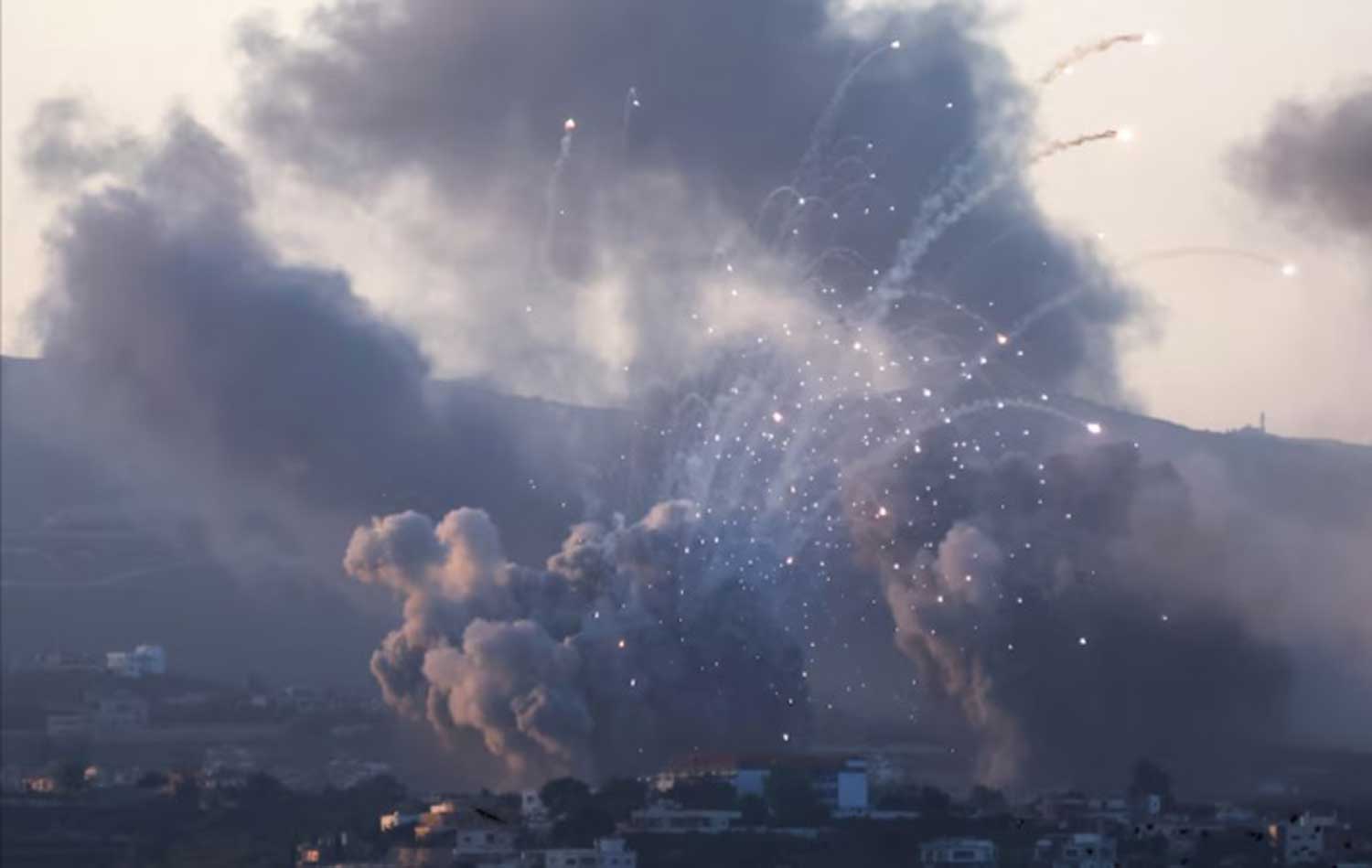India has extended invitations to political and military adversaries of Myanmar’s ruling junta for a seminar scheduled to take place in New Delhi, according to sources. This action marks a notable shift for the South Asian nation, which has historically maintained relations with the military leaders that Western countries have largely isolated.
The ongoing civil conflict in Myanmar, which erupted following the military’s ousting of an elected civilian government in a coup in February 2021, poses a potential threat to India’s extensive 1,650-km (1,025-mile) border with Myanmar, as well as to several critical infrastructure projects in the region.
A representative from an armed group, along with two sources familiar with the situation, indicated that the parallel National Unity Government (NUG) and ethnic minority insurgents from the Chin, Rakhine, and Kachin states, which share borders with India, have been invited to participate in the mid-November seminar.
The event is set to be organized by the Indian Council of World Affairs (ICWA), a government-funded body that includes India’s Foreign Minister S. Jaishankar among its council members, as reported by two additional sources who requested anonymity due to the sensitive nature of the information.
It remains uncertain whether Myanmar’s military government will receive an invitation to the upcoming event focused on “Constitutionalism and Federalism,” according to sources who did not provide additional information.
Following the 2021 coup, widespread protests in Myanmar escalated into a nationwide rebellion, with an armed resistance movement collaborating with established ethnic armies to gain control over significant territories from the military. The junta has consistently refused to engage in dialogue with these rebels, labeling them as “terrorists.”
Regarding the seminar, Sui Khar, vice chairman of the Chin National Front, one of the ethnic rebel groups, stated, “We are going to send representatives.” He added, “This will be the first time, I believe, that India will formally engage with non-state actors. This represents a positive and constructive approach.”
Attempts to reach a spokesperson for Myanmar’s military for comments were unsuccessful, and the Indian government, along with the ICWA, has not yet responded to inquiries.
The other invited armed groups include the Arakan Army, which holds significant territory in Rakhine near the Bangladesh border, and the Kachin Independence Army (KIA), recognized as one of Myanmar’s most formidable rebel factions, according to sources. A representative for the president of the shadow National Unity Government (NUG) declined to provide comments regarding the seminar. Both the Arakan Army and KIA have not responded to requests for their input.
While Western nations have condemned the junta and imposed various sanctions, India has maintained its engagement with the military leaders through visits to Naypyitaw by government and defense officials. India has shown hesitance to publicly criticize the junta, fearing that such actions might drive the generals closer to their rival, China. Furthermore, New Delhi has not engaged formally with the junta’s adversaries.
The objectives of the seminar and the rationale behind India’s involvement remain unclear. In June, Foreign Minister Jaishankar expressed concerns regarding border instability and the potential security threats to Indian projects in Myanmar, stating that India was “open to engaging all stakeholders in addressing this situation” during discussions with his Myanmar counterpart.
India is actively involved in the $400 million Kaladan port and highway project in western Myanmar, in addition to funding approximately $250 million for another road initiative aimed at connecting its landlocked northeastern states with Thailand through Myanmar.
The seminar initiative coincides with a peace effort by the ASEAN group of Southeast Asian nations, which has seen limited progress since its introduction in April 2021, as some ASEAN members have expressed frustration over the junta’s unwillingness to engage in talks. Last year, former ASEAN chair Indonesia reported receiving positive indications regarding preliminary discussions from key parties in the conflict, yet no significant advancements have been observed.
The upcoming November meeting is expected to mark New Delhi’s most substantial attempt to engage with Myanmar’s “pro-democracy side” since the coup in 2021, according to Angshuman Choudhury, a researcher based in Singapore who closely monitors India-Myanmar relations.
It is essential to determine whether the intention is to attain particular foreign policy objectives or merely to convey a message to the Myanmar military to withdraw, he stated. “India continues to be apprehensive regarding the security and stability of its borders.”
Discover more from Defence Talks | Defense News Hub, Military Updates, Security Insights
Subscribe to get the latest posts sent to your email.





